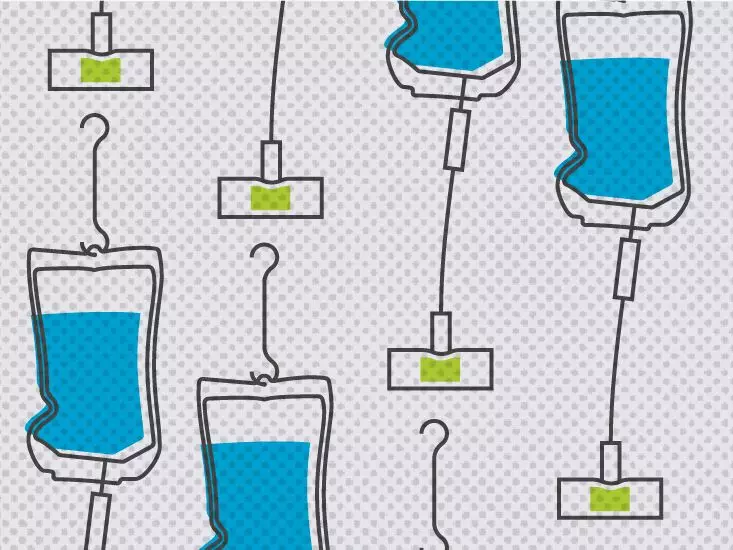When it comes to the cost of Kisunla (donanemab-azbt) for Alzheimer’s disease, there are several factors that can influence how much you will pay. These include your treatment plan, insurance coverage, costs associated with healthcare professional visits, and whether Kisunla offers any savings programs.
Your treatment plan plays a crucial role in determining the overall cost of Kisunla. Different dosing schedules and treatment durations can impact the final price you pay for the medication. Additionally, the specific details of your insurance coverage, including co-pays, deductibles, and out-of-pocket expenses, can all affect the final cost of Kisunla for you.
The cost of Kisunla can also be influenced by the expenses related to visits to your healthcare professional to receive doses of the medication. These costs may vary depending on where you receive your treatments and how frequently you need to visit your doctor for infusions.
Furthermore, if Kisunla offers a savings program, it can help lower the out-of-pocket expenses associated with the medication. It’s essential to explore all available resources, including assistance programs, to understand how you can manage the cost of Kisunla effectively.
Biologic drugs, such as Kisunla, are known for their high costs, primarily due to the extensive research and testing required to ensure their safety and effectiveness. Manufacturers of biologic drugs typically hold exclusive rights to sell their products for up to 12 years, leading to higher prices in the market.
On the other hand, biosimilar drugs are similar versions of brand-name biologics that become available once the original drug’s patent expires. Because biosimilars do not need to undergo the same level of testing as biologics, they are often priced lower, offering a more cost-effective alternative for patients.
Market competition among manufacturers of biosimilar drugs can further drive down prices, making them a more affordable option for individuals seeking treatment. Understanding the difference between biologic and biosimilar drugs can help patients make informed decisions about their healthcare and medication costs.
If you require financial support to afford Kisunla or need help navigating your insurance coverage, various resources are available to assist you. Programs like the Lilly Cares Foundation Patient Assistance Program can provide financial aid to eligible individuals seeking treatment with Kisunla.
Additionally, several websites offer information on drug assistance programs, insurance coverage optimization, and savings cards to help reduce the cost burden for patients. By exploring these resources and seeking assistance when needed, individuals can better manage the expenses associated with Kisunla treatment.
Individuals with insurance coverage for Kisunla should be aware of certain factors that can impact the billing and coverage of the medication. Prior authorization may be required by insurance companies before covering Kisunla, necessitating approval from both the company and the treating physician.
The type of insurance coverage you have can also influence how Kisunla doses are billed, whether through medical coverage or prescription drug benefits. Understanding the specifics of your insurance plan and where you receive your treatments can help clarify the billing process and potential out-of-pocket costs.
While Kisunla offers promising benefits for individuals with Alzheimer’s disease, the cost of the medication can be a significant concern for many patients. By considering the various factors that influence the price of Kisunla, seeking financial assistance when needed, and understanding insurance coverage implications, individuals can better manage the costs associated with their treatment and focus on their health and well-being.


Leave a Reply